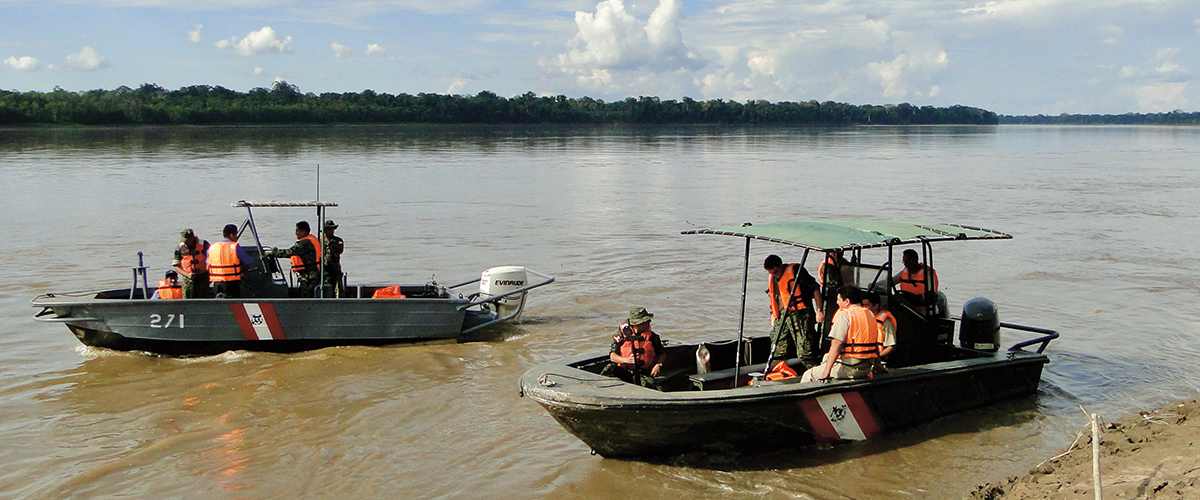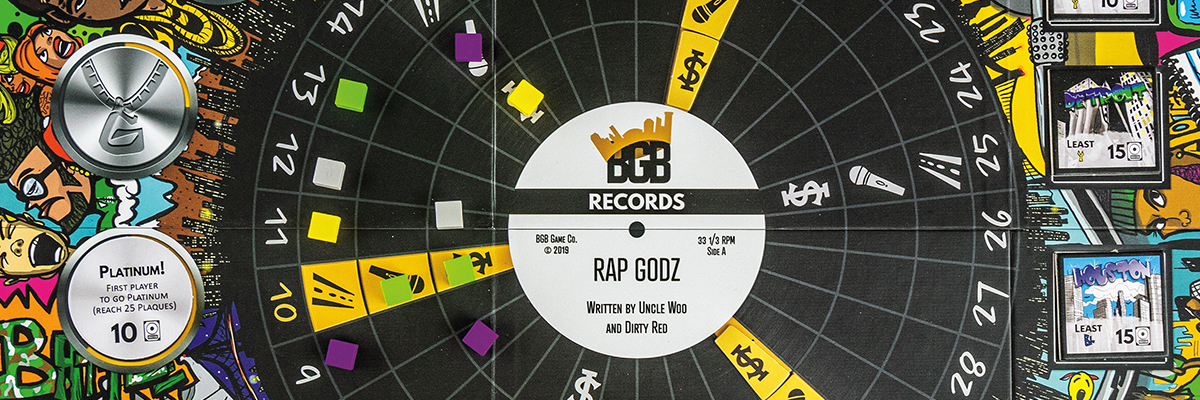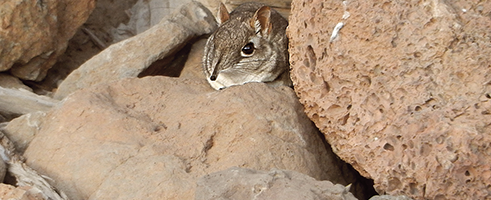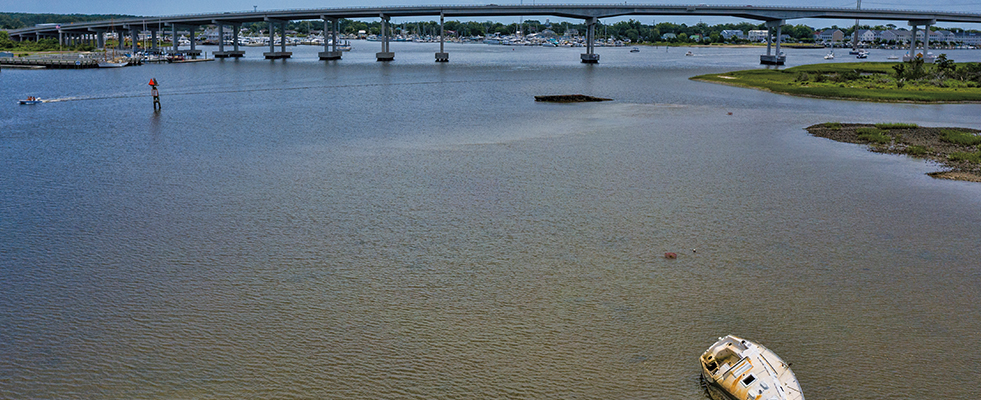- Duke Magazine »
- Writers »
- Corbie Hill
ARTICLES BY Corbie Hill
-
September 9, 2022
-
November 25, 2021
-
November 25, 2021
-
November 24, 2021
-
November 24, 2021
-
August 24, 2021
-
June 28, 2021
-
March 19, 2021
-
March 19, 2021
-
March 19, 2021
-
December 9, 2020
-
December 8, 2020
-
July 22, 2020
-
February 26, 2020
-
February 26, 2020
-
February 26, 2020
-
February 26, 2020












